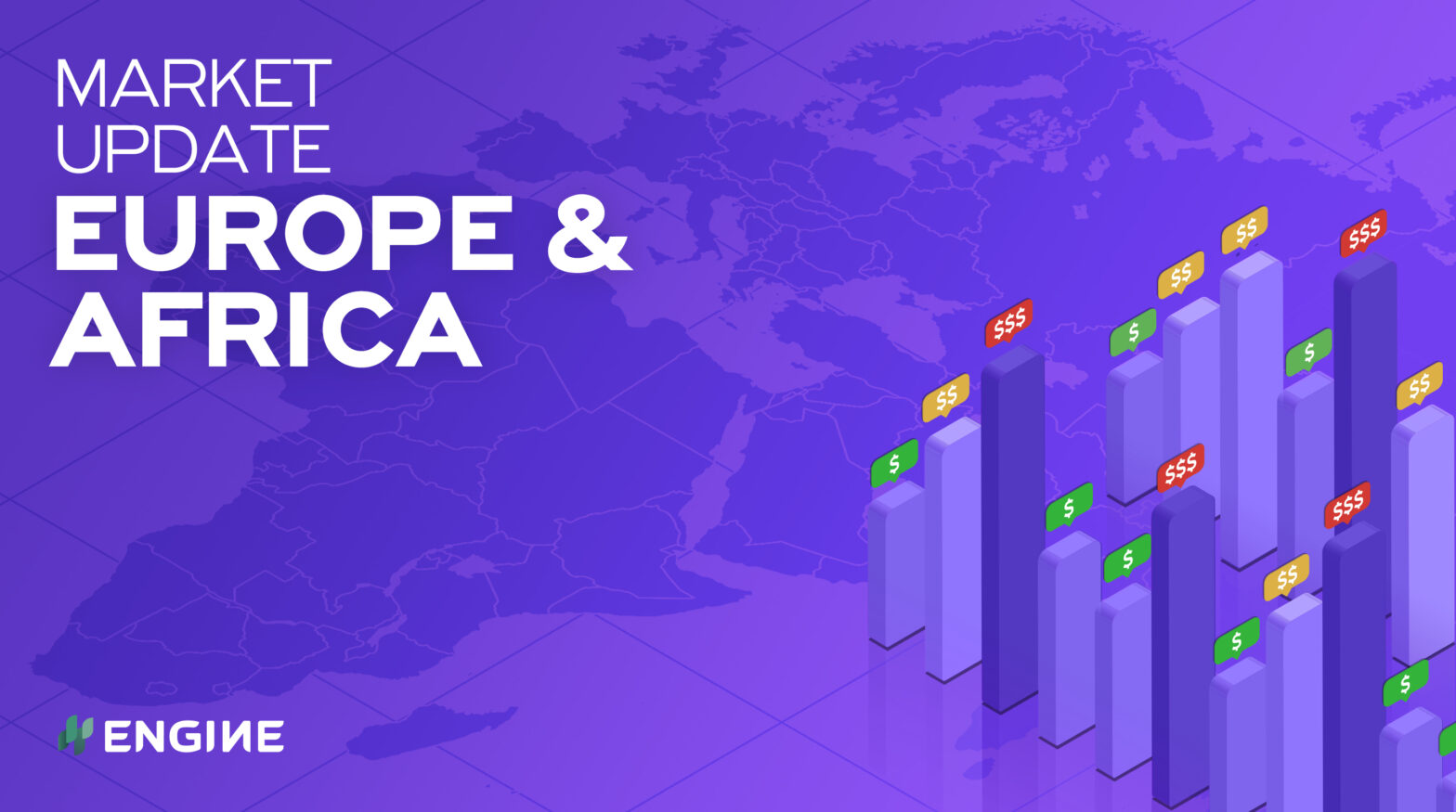European and African bunker prices are on retreat with Brent, as the US reaches out to recruit big Asian countries to tap into emergency crude reserves to cool prices.
Changes on the day to 08.00 GMT today:
- VLSFO prices down in Durban ($20/mt), Gibraltar ($18/mt) and Rotterdam ($17/mt)
- LSMGO prices down in Durban ($25/mt), Gibraltar ($24/mt) and Rotterdam ($17/mt)
- HSFO prices down in Durban ($16/mt), Gibraltar ($13/mt) and Rotterdam ($10/mt)
Gale-force eastern winds and waves pushing above 3 metres have suspended bunkering and port operations across Gibraltar, Algeciras, Ceuta and Huelva. Bunkering alongside at berth can still be possible, while no more vessels are allowed into anchorage.
Congestion has mounted, with eight vessels waiting out the weather to bunker in Gibraltar, and 14 in Algeciras, port agent MH Bland says. All bunker deliveries in the bay of Ceuta have been called off, while deliveries alongside vessels at berth are still possible.
Weather conditions are forecast to deteriorate further throughout the day and tomorrow, with waves pushing 4 metres and wind gust speeds peaking at 33-36 knots tomorrow afternoon, before simmering down from early Saturday morning.
Considerable bunker backlogs are expected, and it could take days to clear them.
The Canary Islands and Malta could be viable options for bunkering while the weather is rough in the Gibraltar Strait, although with deviations. VLSFO is tight off Malta, with lead times ranging between 4-7 days for the grade.
Portuguese would normally have presented nearby options to Gibraltar Strait ports, but fuel supply has been limited there since the country’s only refinery went offline last month.
Brent
Front-month ICE Brent has shed $2.78/bbl in the past day, to $79.30/bbl at 08.00 GMT.
The futures contract has slumped below the $80/bbl mark for the first time since early October, under pressure from a burgeoning US-led emergency crude supply coalition, and the threat of a new Covid-19 wave in Europe.
US President Joe Biden has asked big Asian oil consumers China, India, South Korea and Japan to release oil from their strategic backup reserves in a joint effort to keep a lid on prices.
China says it is willing to release some crude, Reuters reports, while Japan and South Korea have so far been more hesitant. Discussions are ongoing.
The countries’ consumers have felt the pinch at the fuel pump in recent months, prompting government officials to voice concerns towards OPEC+, which holds the most sway over global supply and key oil price benchmarks.
The US in particular urged OPEC+ to pump more oil in the lead-up to the group’s last monthly meeting, when it stuck to its path of limiting incremental monthly output increases to 400,000 b/d also for December.
US gasoline prices have gained more than 60% in the past year, adding inflationary pressure to its wider economy. President Biden has mulled measures to rein in prices and now views a concerted output boost from big non-OPEC+ countries as the most viable option.
Brent is also under pressure from a recent spike in new Covid-19 cases across mainland Europe. Fuel demand prospects could weaken if another round of restrictions are put in place.
